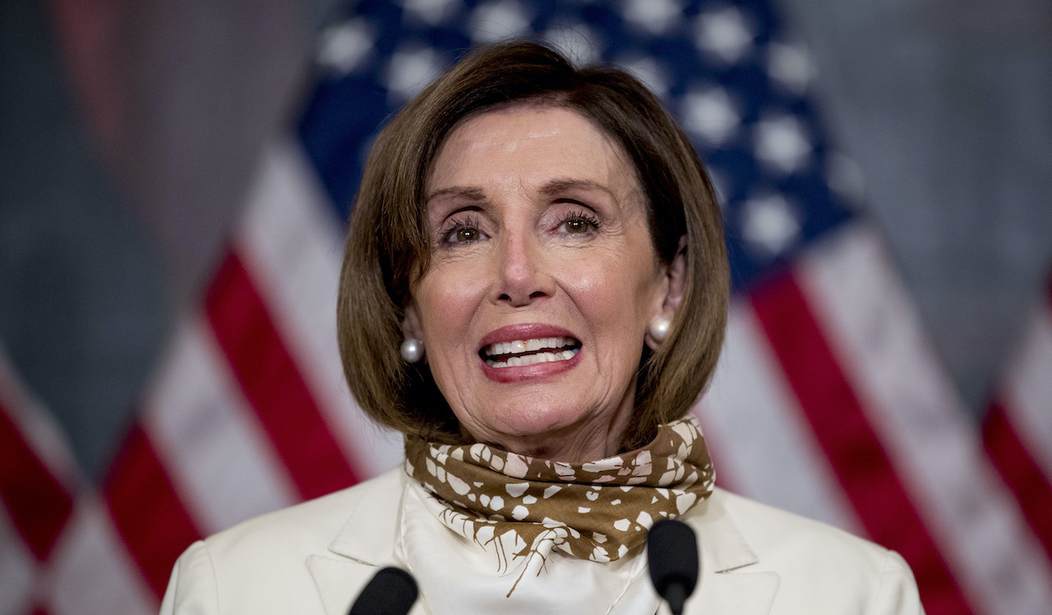After spending nearly $3 trillion on everything from stimulus checks to small business relief to bailing out wealthy universities, lawmakers would be wise to take a breather. But, some members of Congress led by House Speaker Nancy Pelosi (D-Calif.) want to spend yet another $3 trillion. Unsurprisingly, a long line of lobbyists with empty tin cups have (virtually, of course) descended on Capitol Hill looking for perks and favors in the name of “Coronavirus relief.” Solar and wind producers have been at the front of the line, pushing hard for subsidies to “green” technologies that otherwise wouldn’t be able to compete with traditional energy sources. While these companies deserve the same opportunity to get relief as any other business and industry, lawmakers must be weary of narrow handouts that favor some industries over others. And, after $3 trillion already spent on taxpayers’ account, Coronavirus relief efforts must not morph into a grab bag of special interest goodies.
Companies across all industries are struggling to cope with the Coronavirus, and the energy and electricity sectors are no different. According to data from the nation’s two largest Independent System Operators, electricity demand in March 2020 was down about 7 percent compared to March 2017-19. Rail shipments of coal in March were down about 15 percent in March, while oil companies have struggled to cope with low or even negative prices. Meanwhile, solar installations may be 17 percent less than expected this year thanks to an unprecedented drop in demand. All of these technologies, ranging from solar to coal to oil, are a pivotal part of America’s energy portfolio.
But some manufacturers want to tip the scales in favor of some technologies while kneecapping others. Solar and wind manufacturers have long benefited from generous federal tax credits which offer investors up to 30 percent off of system costs and producers 1¢–2¢ per kilowatt-hour of energy produced (over the first ten years of production). In order for project developers to get these lavish credits they need to start construction on projects by a certain date and actually put the projects in service by year-end of the fourth year after the start of construction. Never mind that these tax credits have long outlived their usefulness and wind and solar companies are now well capitalized and more than capable of starting large projects without taxpayers’ help.
Recommended
Four years is more than enough time to see projects through to completion, but solar and wind developers argue that COVID-related difficulties are holding up projects first started in 2016. And, in a surprising (and disappointing twist), the Treasury Department may extend out the tax credits from four years to five years. If the Treasury Department doesn’t proceed with their plan, lawmakers are poised to act.
There are many indications that lawmakers aren’t done extending needless subsidies to “green” companies. Sen. Ed Markey (D-Mass.) tweeted on May 13, “The next #COVID19 package needs to include support for the clean energy sector, which has been devastated by the pandemic. Our response can’t just be a reaction, it has to be an investment in the technologies & workers who will power this country’s future.” On May 15, House Democrats approved the hastily introduced Health and Economic Recovery Omnibus Emergency Solutions (HEROES) Act, which establishes a 45 cent per gallon payout for biofuel producers. The bill’s backers are determined to usher in a “green” revolution on the taxpayers’ dime, even though biofuels aren’t exactly eco-friendly.
Getting America back to normal requires a free, vibrant market in energy without the government actively picking winners and losers. Over the past 40 years, the federal government has already showered more than $100 billion in tax subsidies on “green” producers and punished affordable alternatives with onerous regulations and mandates. It’s time to end this sorry track-record, and leave the door open to a diverse array of energy sources. Before Congress starts ramping up spending again, lawmakers need to get their priorities straight.
Ross Marchand is the director of policy for the Taxpayers Protection Alliance.























Join the conversation as a VIP Member